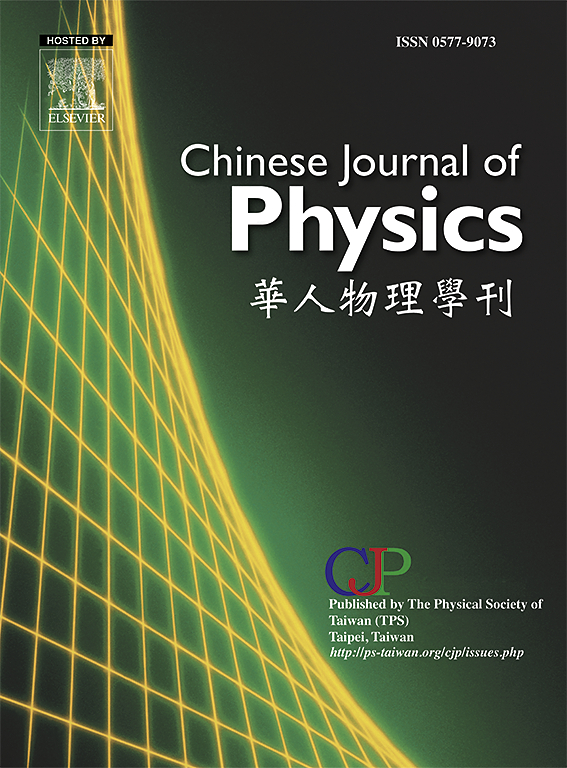Artificial neural network approach to study the impact of gravity modulation on magneto-convection of Jeffrey fluid in a porous media
IF 4.6
2区 物理与天体物理
Q1 PHYSICS, MULTIDISCIPLINARY
引用次数: 0
Abstract
The influence of gravity modulation on magneto-convection in Jeffrey fluid is analyzed. A weak nonlinear analysis is employed, utilizing a power series expansion method where disturbances are expressed as power series. Heat transfer is measured using the mean Nusselt number, . The study explores the application of machine learning techniques to predict the stability for different parameters. The Levenberg–Marquardt algorithm is used to train artificial neural networks on simulated data to understand the impact of magnetic fields on stability. The mean Nusselt number is estimated using the trained neural network. Regression , histogram, and mean square error are used in the analysis. The developed artificial neural network model demonstrates its dependability because of its remarkable accuracy during the training, validation, and testing. The values of for Chandrasekhar number, , Jeffrey parameter, and Magnetic Prandtl number, are 99.93%, 94.22%, and 99.50% respectively. MSE curve is dropping, which is a indicator that the network is analyzing the training data and adjusting its weight to get the best fit. The values of best validation performance of Chandrasekhar number , Jeffrey parameter and Magnetic Prandtl number are 3.6782E−06, 3.9345E−10, and 1.3218E−04 respectively.

用人工神经网络方法研究重力调制对多孔介质中杰弗里流体磁对流的影响
分析了重力调制对杰弗里流体磁对流的影响。采用幂级数展开法进行弱非线性分析,将扰动表示为幂级数。传热是用平均努塞尔数Nu¯来测量的。该研究探索了机器学习技术在预测不同参数稳定性方面的应用。利用Levenberg-Marquardt算法在模拟数据上训练人工神经网络,了解磁场对稳定性的影响。利用训练好的神经网络估计平均努塞尔数。在分析中使用了回归R、直方图和均方误差。所建立的人工神经网络模型在训练、验证和测试过程中具有显著的准确性,证明了其可靠性。钱德拉塞卡数、Q、杰弗里参数、λ和磁普朗特数、Prm的R值分别为99.93%、94.22%和99.50%。MSE曲线呈下降趋势,表明网络正在对训练数据进行分析,并调整其权值以获得最佳拟合。钱德拉塞卡数Q、杰弗里参数和磁普朗特数Prm的最佳验证性能分别为3.6782E−06、3.9345E−10和1.3218E−04。
本文章由计算机程序翻译,如有差异,请以英文原文为准。
求助全文
约1分钟内获得全文
求助全文
来源期刊

Chinese Journal of Physics
物理-物理:综合
CiteScore
8.50
自引率
10.00%
发文量
361
审稿时长
44 days
期刊介绍:
The Chinese Journal of Physics publishes important advances in various branches in physics, including statistical and biophysical physics, condensed matter physics, atomic/molecular physics, optics, particle physics and nuclear physics.
The editors welcome manuscripts on:
-General Physics: Statistical and Quantum Mechanics, etc.-
Gravitation and Astrophysics-
Elementary Particles and Fields-
Nuclear Physics-
Atomic, Molecular, and Optical Physics-
Quantum Information and Quantum Computation-
Fluid Dynamics, Nonlinear Dynamics, Chaos, and Complex Networks-
Plasma and Beam Physics-
Condensed Matter: Structure, etc.-
Condensed Matter: Electronic Properties, etc.-
Polymer, Soft Matter, Biological, and Interdisciplinary Physics.
CJP publishes regular research papers, feature articles and review papers.
 求助内容:
求助内容: 应助结果提醒方式:
应助结果提醒方式:


